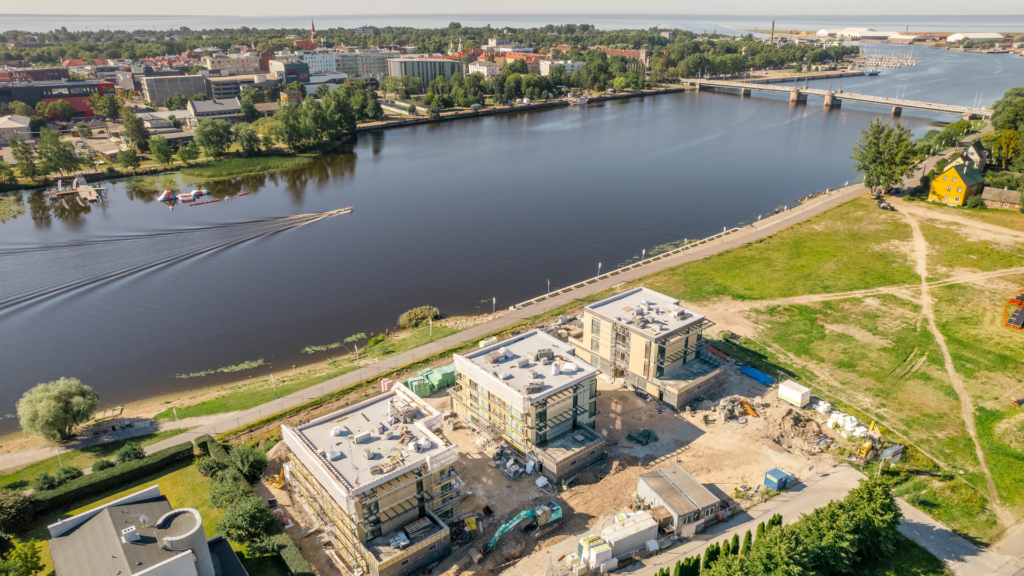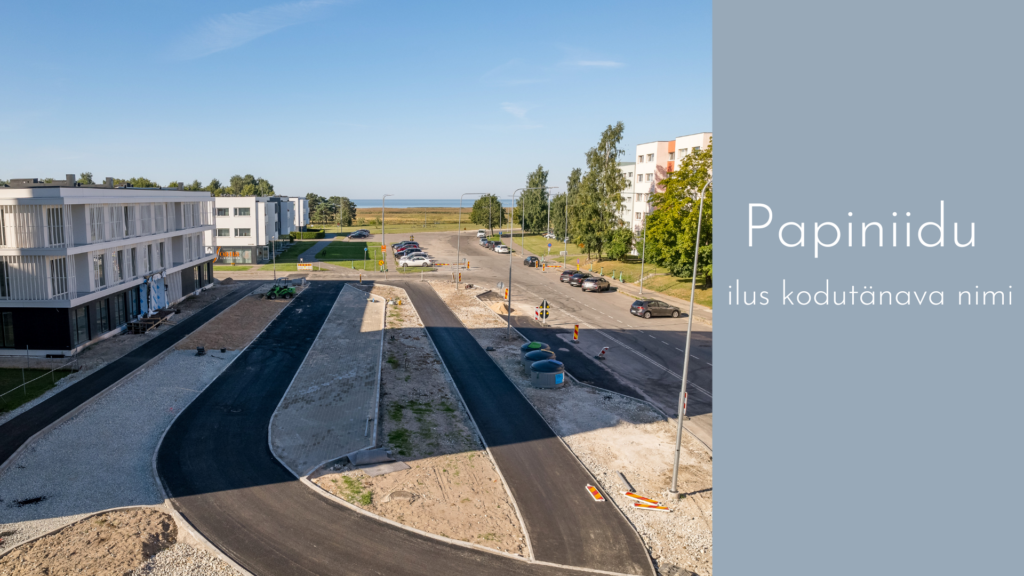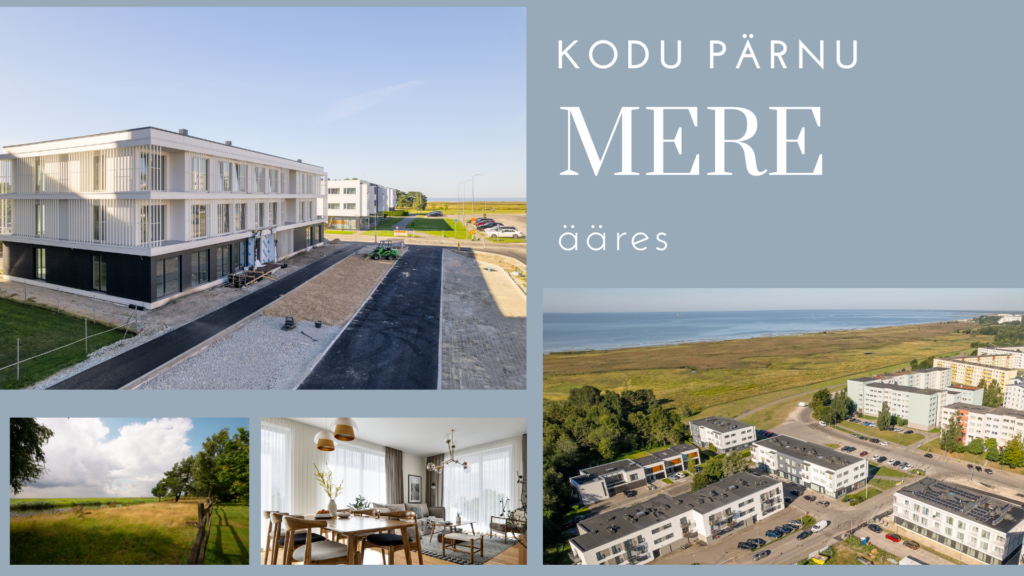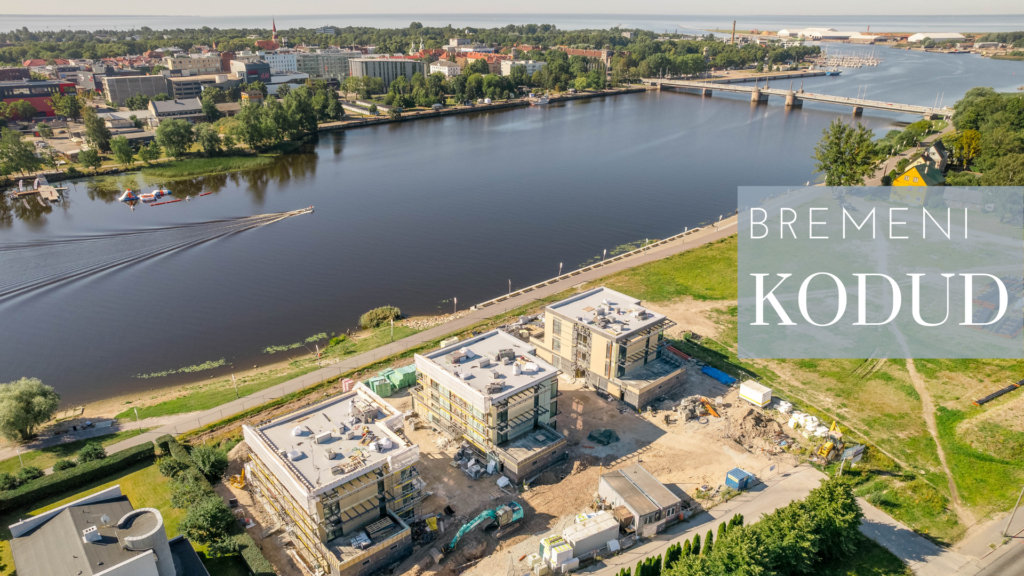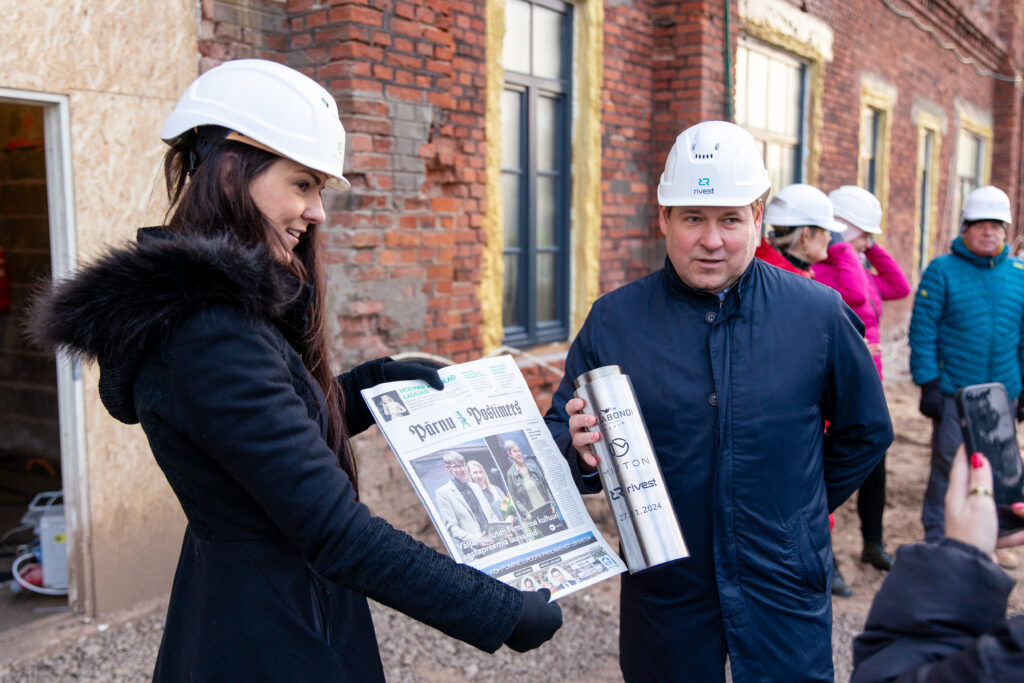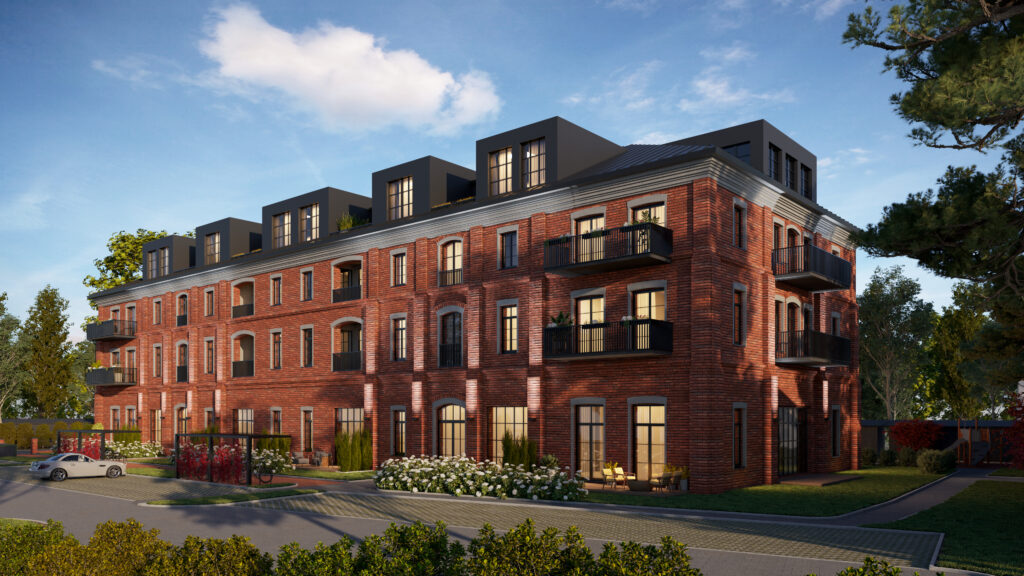THERE IS NO OBVIOUS REASON FOR REAL ESTATE PRICES TO DROP
Original article Äripäev – 23.08.2022
The responsible behaviour of banks and borrowers, the practice of recent years and the private funds held in deposits allow us to predict that the price of real estate will not drop. Rather, it will remain stable, writes Kuldar Kirikal, Development Manager at Miston Capital.
Experts have come to the fore in public discussion, pointing to an imminent fall in real estate prices. The fall is predicted to be between 10% and 40%, and parallels are being drawn with the year 2008. Such predictions have been made for years and, in my opinion, there is no obvious reason for the real estate prices to drop,” says Kuldar Kirikal, Development Manager at Miston Capital.
Drawing parallels with the previous economic crisis is no longer relevant in the current economic environment. Banks and borrowers are a lot more responsible now – they are not just thinking about the now, but also about the longer perspective and opportunities. National regulations also still help to protect against excessive lending, so a thorough inspection must be undergone when taking a loan.
BANKS BEHAVE DIFFERENTLY
One important difference with the previous economic crisis is the assessment of creditworthiness. It is a lot more structured now. If someone wants to purchase real estate, they must have a very clean background and finances in order. The rules have become so strict that only those who can reliably meet their burden, regardless of whether Euribor rises or not, can take a loan from a bank. Maybe you have to skip an expense or two, but the quality of life will not decrease.
In recent months, banks have come out with products that fix the interest on home loan. Currently, the interest of our customers in the opportunity is minimal. I understand that well. There is a lot of fear in society, but in reality, we do not know whether and how long Euribor will rise – it has been high before. So, I do not see any selling pressure arising from this.
HIGH CONSTRUCTION PRICES AND INFLATION
Rather, it may turn out that the economy will come to a standstill in other sectors, not in real estate. Although this would slow down the increase in real estate prices, such a situation should not change the demand or lower prices because construction prices are still high. Inflation is also high, i.e. over 20%. Real estate prices have risen by an average of 30% in the last year and have largely gone hand in hand with inflation.
The argument is that good times on the real estate market have lasted too long. In my opinion, the last two years have been very difficult – we as a society have survived a health crisis and are currently in the eye of inflation and political tensions. A big fall was predicted when the pandemic started, too, but the market did the opposite.
I do not think that prices will soar anymore. Rather, they will remain stable because wages have to catch up. We should not forget that about 11 billion euros are held in private deposits, which people want to protect against inflation, so there is a lot of capital movement in the market.
Analysts have estimated that Euribor may rise to about 2–3%. This is necessary to curb inflation caused by money printing. I believe that Euribor will rise and then fall again. At the moment, we can see that prices are high, but this has not greatly changed consumption habits.
WHY IS IT NOT WORTH WAITING TO BUY A HOME?
The opinion about loans has also changed – we are not seeing as much excess lending as in 2007–2008, as financial stability is desired instead. I can see that apartment buyers, including young people, have long been saving from their wages for a down payment and are financially aware. The terms and conditions for using a supplementary security have also changed– banks are increasingly pointing out that they do not want to allow young people to use, for example, their parents’ home as a collateral for loan instead of a down payment.
In the case of new developments, it is more and more clear that about half of the customers purchase an apartment in our projects without taking a loan. Although loans are being taken and payment difficulties arise in a recession, for example due to a loss of a job or another issue, it is possible to reach an agreement with the bank thanks to a grace period or another solution.
I would not wait to purchase a home or postpone it based on speculations. But what if prices will not go down? Given the increase in inflation and the average interest on bank loan, which is around 1.7%, and adding Euribor to it – it makes sense to borrow this money. Euribor may rise significantly, but borrowers will still benefit from the deal because inflation is higher.
At the same time, a real estate purchase must be very well thought out. Financial awareness and smart borrowing are the beginning and end for a home buyer – not just now, but also in the future. I encourage those who are considering buying a home to take action, not to wait for better times, because I believe that there will not be a big drop in real estate prices. If you want a home, it will be worth it.
Kuldar Kirikal

